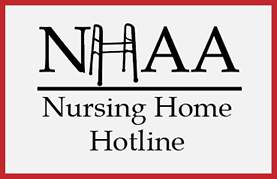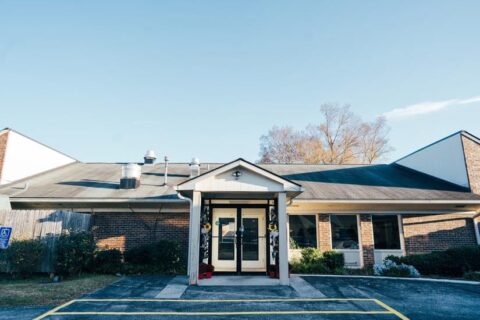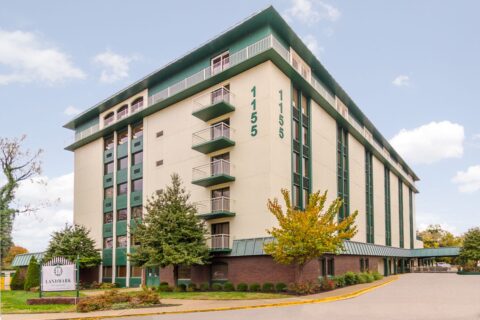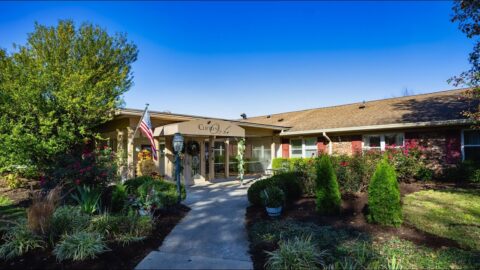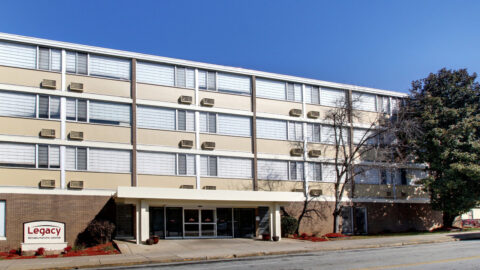Overmedicating Elderly Patients in Health Care Facilities
In The News:
When people place their loved ones in a nursing home, they are entrusting family members to health care professionals. The assumptions goes that the health care professionals will take care of these elderly patients, tend to all of their needs, and treat them with dignity. Unfortunately, that is not always the case.
For instance, a congressional report published in 2002 found that one in three nursing homes were cited for abuse. One form of abuse is through over-medicating elderly patients. After all, the average elderly patient in a health care facility takes eight medications a day, so they can be over-medicated quite easily. In addition, many of these facilities are “unnecessarily administering anti-psychotic drugs,” according to a 2011 report by the Health and Human Services general inspector.
Even more problematic, in 2005 the FDA warned that elderly patients with dementia were at higher risk of death when taking anti-psychotic drugs, something troubling when considering that these drugs are being administered to them in nursing home facilities. That aside, over-medication in general is a problem and something that should not be brushed aside. So, it is crucial to keep an eye on all the medications your loved one takes. If she or he does need anti-psychotic drugs, make sure a psychiatrist is overseeing the dosages and type of drug(s) being prescribed. When it comes to other drugs, keep a list of all the dosages and why your loved one is taking them. (Also make note of the side effects of each drug). Of course, even taking all these precautions and keeping meticulous notes, while extremely useful, your loved one still runs the risk of being over-medicated.
There are, however, ways to try and prevent your loved one from being intentionally or unintentionally over-medicated.
Here are signs of someone who has been over-medicated:
– sudden changes in their behavior or personality
– distancing from people (even from loved ones)
– excessive sleepiness
– unexplained medical problems
– pronounced confusion
– unusually high levels of exhaustion or fatigue
Whether or not a health care professional or professionals have over-medicated intentionally or unintentionally, this is an example of negligence and abuse. In severe cases, elderly patients can die from over-medication, so the consequences are serious.
Unfortunately, one of the main reasons for persistent and prolonged over-medicating of elderly patients is the family members’ failure to react quickly enough to the situation. If the results can lead to the death of your loved one, the situation could – obviously – be quite grave. After all, it is bad enough if your loved one is being over-medicated, the loss of life is even more painful. That is why it is crucial that you keep an eye out for the possibility of your loved one being over-medicated, and if you do think this is occurring, it is important to know your rights, to ask appropriate questions, and then take necessary legal action when you see fit. In such situations, once you have determined your loved one is being over-medicated, taking action is key, especially with legal counsel at your side.
Your Experience Matters
...and we want to hear it.
NHAA is here to assist families, residents, and the community by sounding the alarm on issues like those found above. This nursing home and many others across the country are cited for abuse and neglect.
If you have or had a loved one living in this nursing home or any other nursing home where you suspect any form of abuse or neglect, contact us immediately.
We have helped many already and we can help you and your loved one as well by filing a state complaint, hiring a specialized nursing home attorney or helping you find a more suitable location for your loved one.
You can make a difference, even if your loved one has already passed away.
Please give us a call at 1-800-645-5262 or fill out our form detailing your experience.
Personal Note from NHA-Advocates
NHAA shares with all the families of loved ones who are confined to nursing homes the pain and anguish of putting them in the care of someone else. We expect our loved ones to be treated with dignity and honor in the homes we place them. We cannot emphasize enough to family members of nursing home residents; frequent visits are essential to our loved ones’ well-being and safety.
If you are struggling and upset, click here to understand your options, or contact us through our contact form or call our toll free hot line number: 1-800-645-5262.
